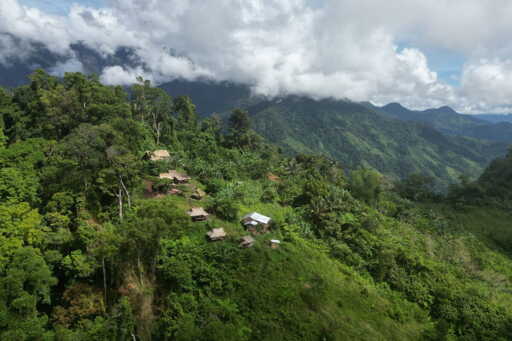MANILA — The Philippine government has rolled out a sweeping forest land reform that officials say will attract investment while promising sustainability. The initiative, dubbed the Sustainable Forest Land Management Agreement (SFLMA), was launched June this year by the Philippine Department of Environment and Natural Resources (DENR). Officials tout it as a major shift in forest governance, but the policy has already sparked support and criticism alike. The policy consolidates seven existing tenure instruments — each previously covering specific land uses like agroforestry, industrial timber plantations or grazing — into a single, 25-year renewable production-sharing agreement. This streamlined mechanism allows multiple land uses within a designated forest area, from reforestation and ecotourism to conservation and commercial ventures. Raphael Lotilla, secretary of the DENR, said the SFLMA aims to unlock the economic potential of the country’s vast forest estate while ensuring environmental safeguards are in place. “The SFLMA represents a major shift in how the Philippines manages its 15.8 million hectares [39.04 million acres] of forest lands,” he said at the launch event in Metro Manila, adding that the policy is designed to reduce red tape, encourage sustainable investment, and provide direct benefits to forest-dependent communities. But even before the ink dried, the new framework drew strong reactions from civil society. While major businesses praised the agreement as a pragmatic step toward sustainable growth, environmental groups warned it could accelerate forest degradation, displace Indigenous peoples, and open the door to greenwashing by corporations seeking to profit from land-based climate schemes. Nida…This article was originally published on Mongabay
From Conservation news via this RSS feed


